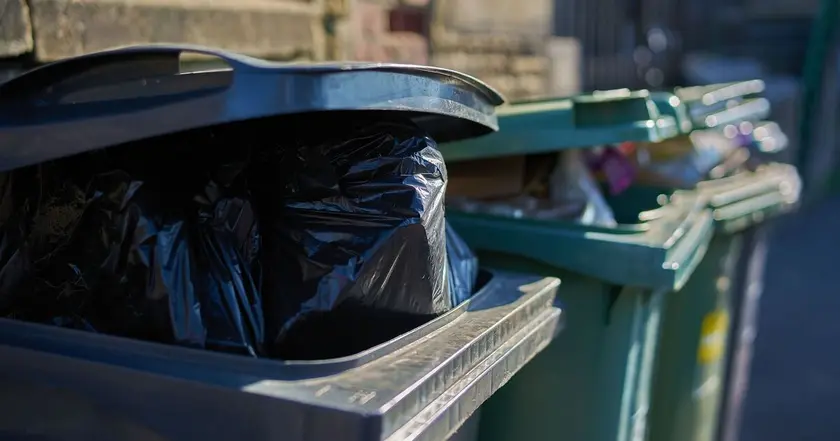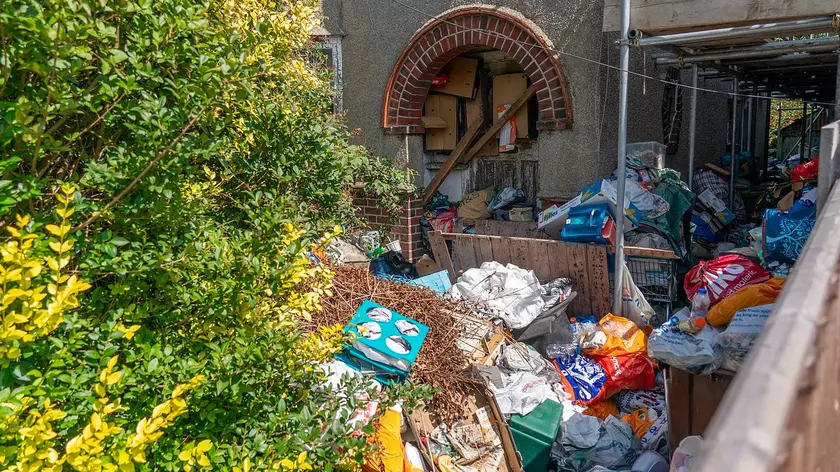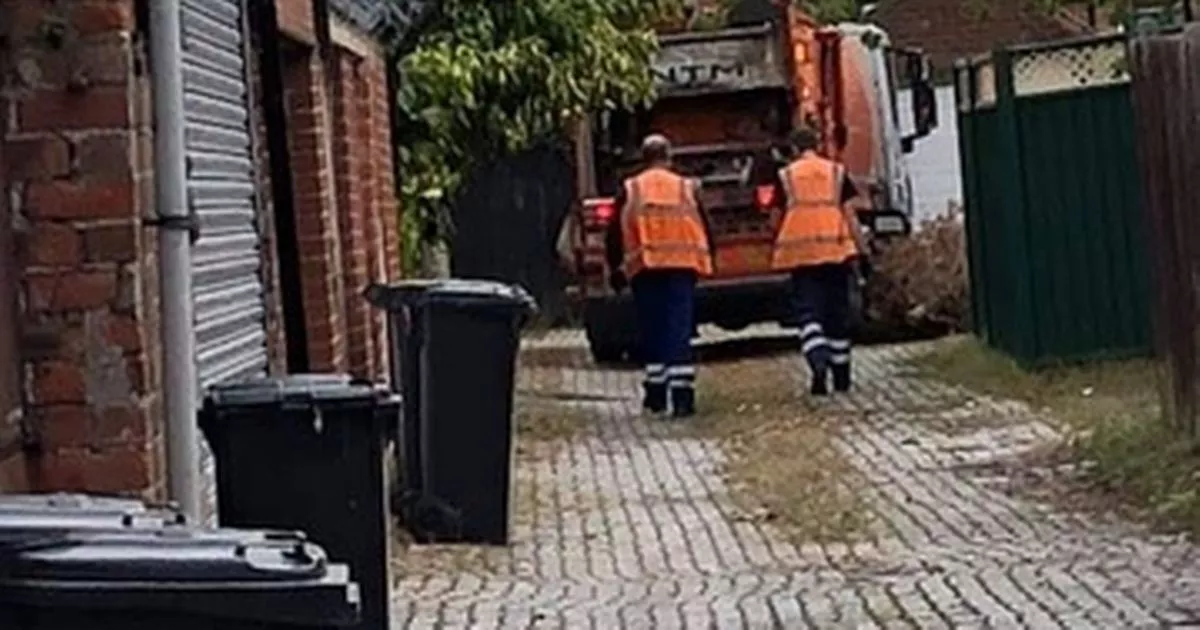T4K3.news
Bin smart meter plan tests UK waste charges
Britain weighs a pay as you throw system that would weigh bin waste and bill residents by weight.

British councils consider reviving pay as you throw with bin weighing to charge residents by waste.
Bin smart meter plan tests UK waste charges
Britain is weighing a revived pay as you throw system that would weigh bin contents at collection and bill households by the weight of their trash. Proponents point to examples in the Netherlands, South Korea and parts of the United States as proof that the idea can cut waste and boost recycling. South Korea, for instance, runs a scheme where food waste is charged while recycling is free, helping the country report high recycling rates. The plan would mean waste collected in a weigh-in and charges passed on to residents, with the aim of nudging behavior toward less waste and more separation.
A 2005 trial in South Norfolk involved 50,000 homes but collapsed after faulty microchips, inaccurate readings and missed collections caused chaos and a surge in fly tipping. The then council leader John Fuller said the technology must work in every bin, every street, every day for PAYT to be credible. Campaigners say the landscape has shifted since, with budget pressures and rising council tax; some advocates argue the polluter pays principle should guide policy. Supporters admit upfront costs for on-board weighing gear could be high, so cheaper options like special bags or stickers are proposed. Research from the Institute for European Environmental Policy suggests that communities in PAYT systems often grow to support the policy after it is introduced.
Key Takeaways
"The technology did not work"
John Fuller on the 2005 South Norfolk trial
"Government policy is shifting toward a polluter pays principle"
Mark Hall of waste firm Business Waste
"If PAYT can lower bills and cut waste it is hard to see why people would back it in a cost of living crisis"
Mark Hall
On the surface, PAYT promises a fairer way to fund waste services and encourage better habits. Yet the price of success in this area is political and social as much as technical. A system that charges by weight must be reliable and transparent, or it risks widening inequality if exemptions are poorly designed. There is a real danger that faulty readings or inconsistent enforcement would undermine trust and invite misuse, such as fly tipping to avoid charges. The policy must be paired with clear rules, simple explanations, and strong oversight so households feel treated fairly.
Beyond fairness, the idea tests the capacity of local governments to innovate under budget pressure. If the plan can show real waste reductions and savings, it could win support. If not, it becomes a political liability in a cost of living crisis. The next moves should include careful pilots, solid exemptions for vulnerable households, and affordable options that still change behavior. The broader trend is toward new tools for funding public services, but only if they come with accountability and visible benefits.
Highlights
- Pay as you throw could turn trash into a tax you can feel every week
- The tech failed before and the cost could repeat the mistake
- If PAYT lowers bills and waste, people may back it in a cost of living crisis
- Policy shifts toward polluter pays, but the price must be fair
Budget and public reaction risk
The plan could shift waste costs onto households, risking regressive effects if exemptions are not well designed. Upfront costs for new weighing gear or alternative schemes could strain council budgets and provoke public backlash if savings are slow to materialize.
The real test is whether a fair, reliable PAYT system can win broad support.
Enjoyed this? Let your friends know!
Related News

Council tax changes raise concern

Merseyside rolls out a fourth bin for food waste

Hoarded home in St Albans raises health and price concerns

UK abolishes Ofwat to reform water regulation

UK government introduces energy bill discounts for local households

Bootle residents divided over bin collection change

No extra charge for residents' new waste collection service

UK families face fines for improper bin management
